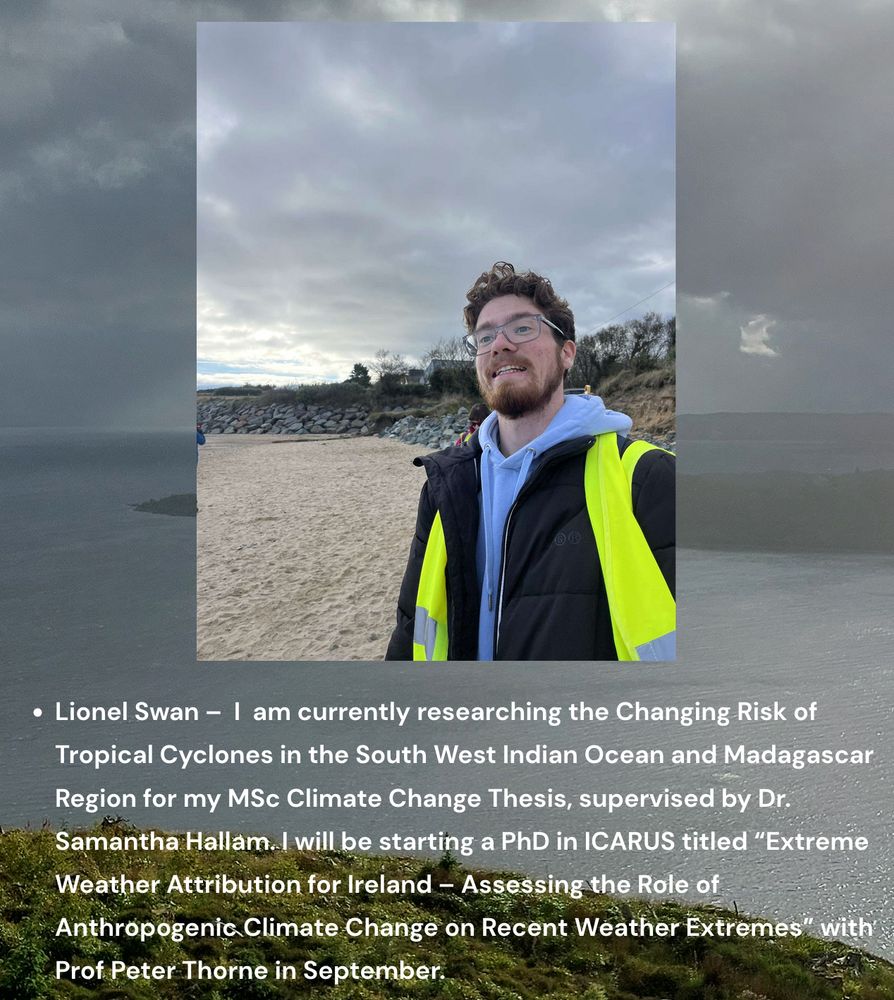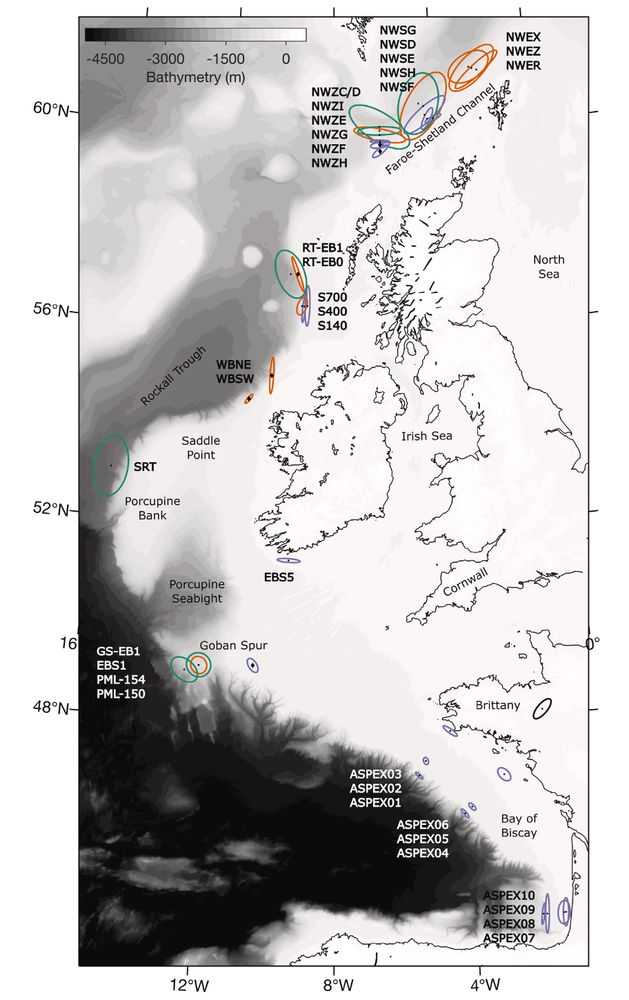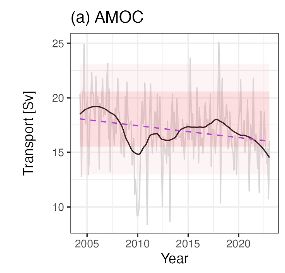




















kwnsfk27.r.eu-west-1.awstrack.me/L0/https:%2F...

kwnsfk27.r.eu-west-1.awstrack.me/L0/https:%2F...









"When the Ocean Changes Course: The Threat of an Atlantic Meridional Overturning Circulation (AMOC) Collapse"

"When the Ocean Changes Course: The Threat of an Atlantic Meridional Overturning Circulation (AMOC) Collapse"

